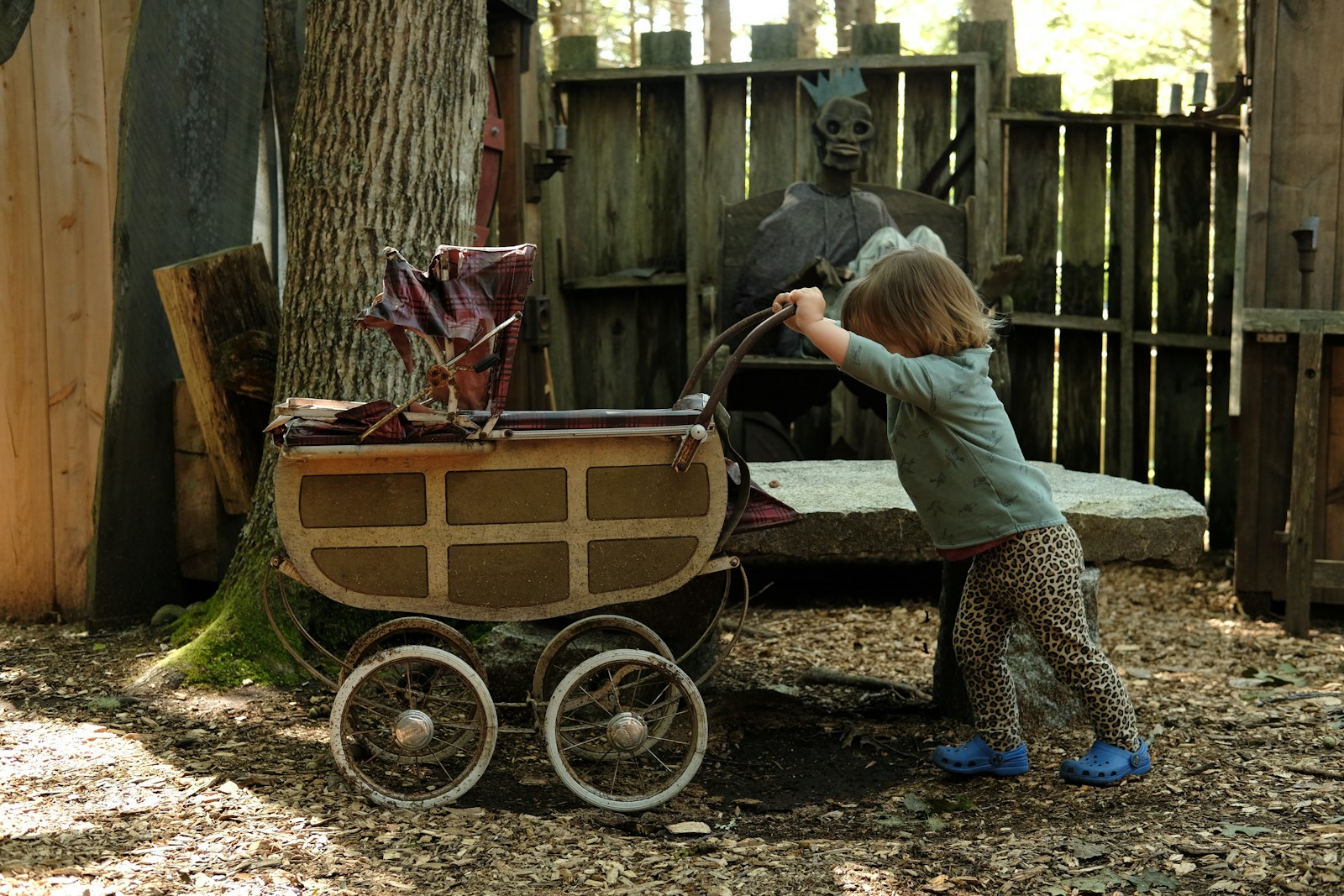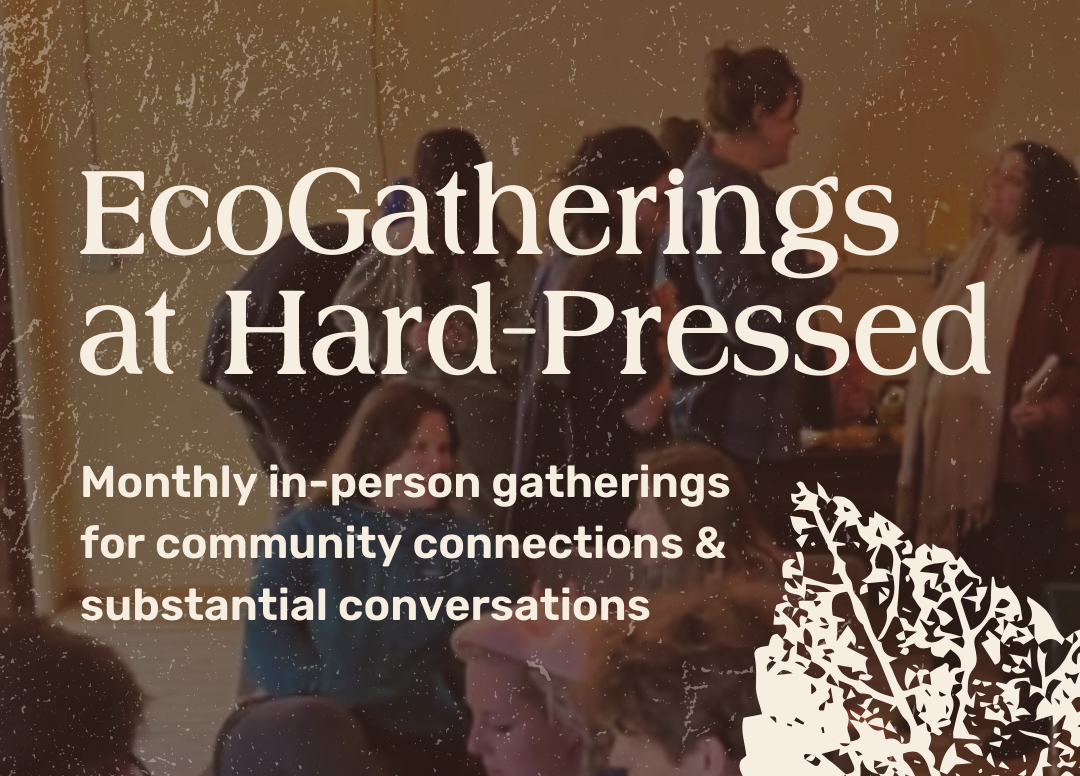What is Work?
By some estimates, contemporary humans, on average, spend about 1/3 of their lifetimes “working”. (Actual proportions of time spent “working” vs. sleeping vs. engaged in leisure pursuits vary widely based on culture, economic system, ability, need/wealth, gender, — and also based on what we actually count as “work.”) Without question, it's evident that work makes up a significant portion of the human experience. In a clever capitalist catch-22, we spend so much of our time and energy working, that we never really get the chance to explore the question of what really is work, anyways? Where did it come from, and who does it serve? Is there inherent value to work? And why do we spend so much of our precious time living doing it?
In the 20th and early 21st centuries, we've tended to narrowly define work as the labor we perform in exchange for wages or other monetary earnings. This construction is broad in that it covers a wide range of roles across all aspects of society, necessary or essential, productive or value-adding, non-essential and incidental to profit generation, and questionable or degenerative. But it is also narrow in that it excludes the typically unpaid labor required to meet the demands of daily living. This oft-unpaid work (known variously as carework or social reproductive labor) has been disproportionately assigned to women in recent centuries. (Indeed, the persistent non- or under-compensation of this work is a powerful means of upholding the patriarchy, but we'll get to that later in our Exploitation session). For now, suffice it to say that what is or could be considered work varies widely. So, we will begin this cycle by unpacking a familiar term, exploring our perceptions of work, and evaluating definitions provided to us by physicists, ancient Greeks, and modern society.



